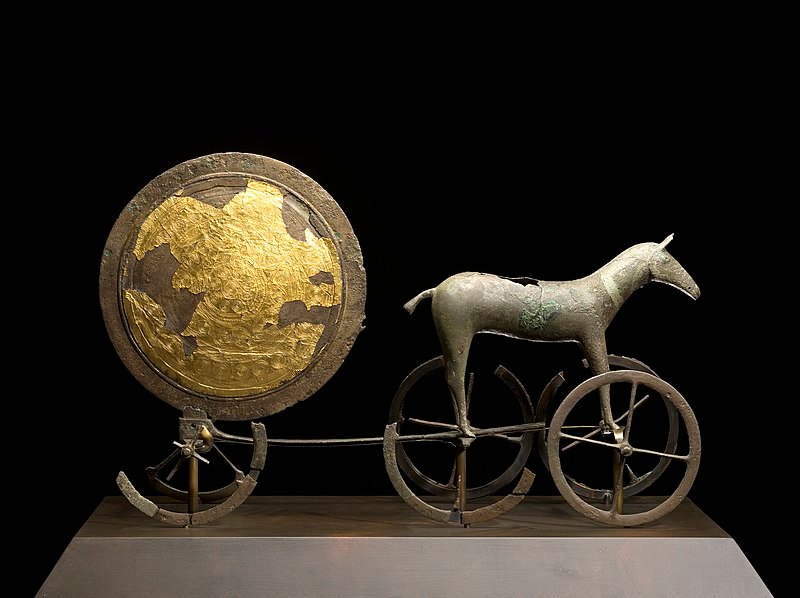
Religions have played a significant role in shaping human civilization since ancient times. They provide a framework for understanding the world, offering answers to existential questions and guiding individuals in their moral and ethical choices. However, religions can also be complex and multifaceted, often requiring a deeper understanding to fully grasp their teachings and practices. In this blog post, we will explore the concept of decrypting religions, delving into the various aspects that make them intriguing and sometimes challenging to comprehend.
The Essence of Religions
Religions encompass a wide range of beliefs, rituals, and traditions that differ across cultures and regions. They often revolve around the existence of a higher power or supernatural beings, the purpose of human life, and the moral principles that guide human behavior. Understanding the essence of religions requires an open mind and a willingness to explore diverse perspectives.
Interpreting Sacred Texts
One of the key aspects of decrypting religions is the interpretation of sacred texts. Religious scriptures, such as the Bible, Quran, or Bhagavad Gita, contain profound wisdom and teachings. However, these texts can be subject to multiple interpretations, leading to different sects and branches within a religion. Scholars and religious leaders study these texts extensively, analyzing historical context, language, and cultural nuances to gain a deeper understanding of their meaning.
Rituals and Practices
Religions often involve a variety of rituals and practices that hold symbolic significance. These rituals can include prayers, meditations, fasting, and pilgrimages, among others. Decrypting the purpose and symbolism behind these practices requires an exploration of their historical and cultural contexts. For example, fasting in Islam during the month of Ramadan is not only a religious obligation but also a means of self-discipline and empathy towards those who are less fortunate.
Religious Diversity
Another aspect of decrypting religions is acknowledging their diversity. There are numerous religions practiced around the world, each with its unique set of beliefs and practices. Even within a single religion, there can be variations based on cultural, regional, and historical factors. Understanding and appreciating this diversity can help foster interfaith dialogue and promote tolerance and respect.
The Role of Personal Experience
Religion is a deeply personal and subjective experience for many individuals. Decrypting religions involves recognizing the role of personal beliefs and experiences in shaping one’s understanding of their faith. People often find solace, meaning, and guidance through their religious practices, and these experiences can vary greatly from person to person. It is essential to respect and acknowledge these diverse experiences when attempting to decrypt religions.
Conclusion
Decrypting religions is an ongoing journey that requires an open mind, curiosity, and a willingness to explore different perspectives. It involves delving into the essence of religions, interpreting sacred texts, understanding rituals and practices, acknowledging religious diversity, and recognizing the role of personal experiences. By engaging in this process, we can gain a deeper appreciation for the rich tapestry of human spirituality and foster greater understanding and respect among different religious communities.
RELATED POSTS
View all


